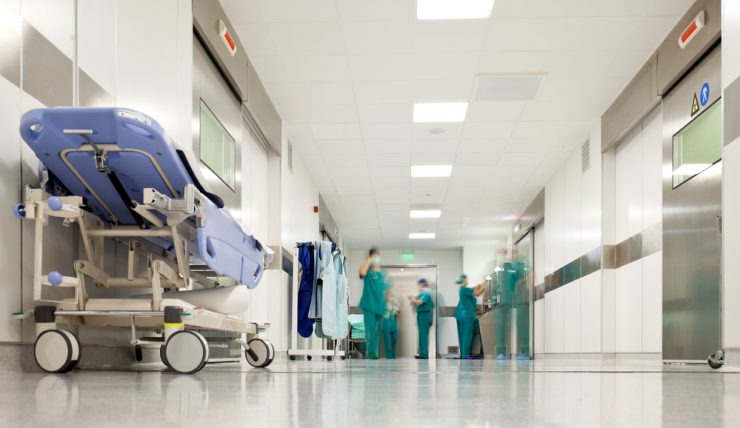Breast cancer which is more common among females, affects about 1% of males above 60 years of age. Despite being a little tissue behind the nipple and not as significant as in females, men do develop cancer in this area.
Breast cancer is a condition where cells multiply in a chaotic fashion rather than growing and multiplying normally. The common type being invasive ductal carcinoma. Invasive, meaning cancer that spreads from the ducts to other body parts. Rare types include inflammatory breast cancer, ductal carcinomas in situ, and Paget’s disease.
The symptoms to watch out for incase of breast cancer include:
A lump or several lumps in the breast.
Change in shape, skin, or size of breast.
Any change to nipple than what is normal.
Nipple discharge (blood tinged or clear).
Breast ulcers.
A rash around or on the nipple.
Breast pain, a rare symptom but needs to be checked.
Tenderness and/or growth in the area of the breast may not essentially mean cancer. IT could be due to a condition, gynaecomastia, which is due to a hormonal imbalance in blood. Your general practitioner will be able to guide you in case you have any change in either or both of your breasts.
Diagnosing Breast Cancer In Men
It is always better to get checked by your general practitioner incase of breast tenderness, nipple discharge, or lumps in the breast. There are tests to determine the cause of these symptoms.
Breast ultrasound. This gives images of the tissue in the breast and spotting any changes in the breast is possible.
FNA or fine needle aspiration. This test involves removing cells from the breast and/or fluid from the breast for an assessment.
Core needle biopsy is a procedure where a tissue sample from the breast is obtained under local anaesthesia.
Physical examination to determine if it is gynecomastia (abnormal breast swelling) or breast cancer.
If you have a family history of breast cancer and your general practitioner suspects you to be at risk, you could visit a family cancer genetic clinic for examination and counseling.
Treating Breast Cancer in Men
Once diagnosed with breast cancer, the treatment depends on the type of cancer, the cancer stage and grade.
Surgery. Male patients cannot undergo a lumpectomy, a procedure where the lump or the infected tissue is removed. This is because men have very little breast tissue and the cancer is very close to the nipple. A common surgery would be a mastectomy where the whole breast is removed. In case of spread of the cancer, lymph nodes nearby are also removed.
Radiotherapy. In order to destroy cancer cells, focused therapy is given to the affected area.
Chemotherapy. This is a combination of drugs that act on the cancer cells.
Hormone therapy.
Use of herceptin.
As the saying goes, prevention is better than cure. Healthy lifestyle like eating fresh vegetables and fruits, adding fibre to the diet, regular exercise, cutting down on fat helps. Smoking cessation and regular exercise also helps.












